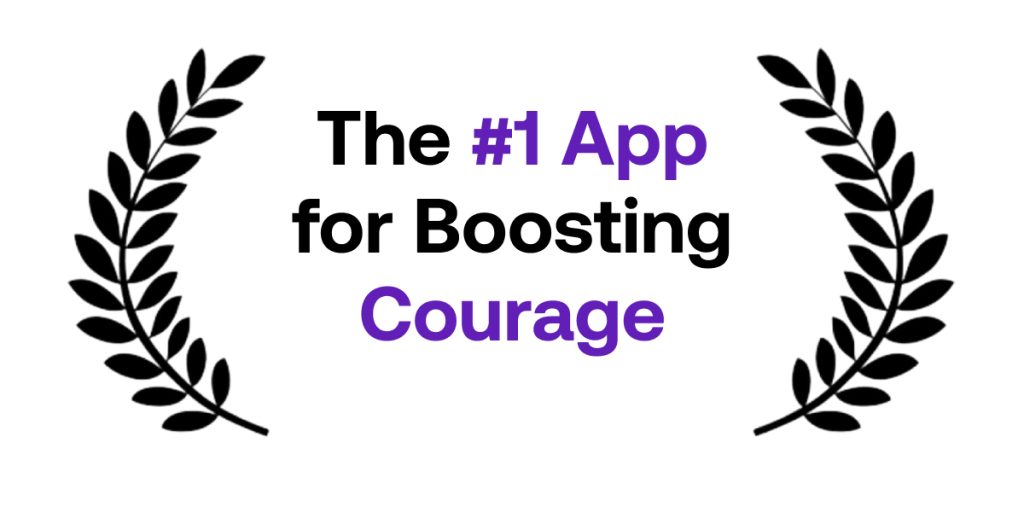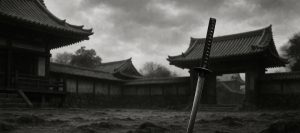“You must understand that there is more than one path to the top of the mountain.”
– Miyamoto Musashi
Equanimity, the ability to remain calm and composed amid life’s turmoil, is not just a cornerstone of spiritual traditions—it’s a key trait of martial artists, warriors, and stoics. For the legendary swordsman Miyamoto Musashi, equanimity was essential to the way of the warrior, enabling him to face life and death with clarity and control. Equanimity is not a passive calmness; it’s an active state of inner balance that empowers us to respond, rather than react, to whatever comes our way.
In martial arts, equanimity transforms mere fighting skills into mastery. A warrior can only attain true strength when they’ve learned to master their mind, maintaining steady composure regardless of the chaos around them. Here, we’ll explore how martial arts principles can guide us toward cultivating this powerful quality, helping us navigate life’s challenges with poise and resilience.
The Art of Balance in Motion
Martial arts trains practitioners to stay centered, physically and mentally, even in fast-paced or unpredictable situations. Musashi’s teachings reflect a deep understanding of balance, noting that true strength emerges when we are neither overly attached to success nor fearful of failure. Equanimity in martial arts requires maintaining a grounded presence, focused solely on the present moment, even in high-stakes situations.
Practice: Next time you face a challenge, pause and focus on your breath. Root yourself in the present, neither dwelling on past mistakes nor fearing future outcomes. This is the foundation of mental balance.
Embracing Non-Attachment
Musashi taught that a warrior should be prepared to release attachments—not only to material possessions but also to outcomes. When we let go of rigid expectations, we open ourselves to adapting skillfully to any situation. Equanimity is about non-attachment, but not detachment; it allows us to engage fully in the moment without clinging to any specific result.
Practice: Reflect on situations where expectations might hold you back. Practicing non-attachment in these moments can help you approach them with clarity, openness, and adaptability.
Mastering Emotional Reactions
In battle, emotional control can be the difference between life and death. Musashi believed that strong emotions, like anger or fear, cloud judgment. Equanimity trains us to observe our emotions without letting them dictate our actions. In everyday life, this same principle can empower us to handle stressful interactions or setbacks calmly, without succumbing to impulsive reactions.
Practice: When strong emotions arise, try to observe them as an outsider would. Notice their effect on your body and mind, but don’t let them guide your response. This practice, often called “detached observation,” is a cornerstone of emotional resilience.
Training the Mind with Discipline
NEW! Put the principles from this article into practice with the free courage-boosting MaArtial app on the App Store for iOs and Play Store for Android.
Equanimity in martial arts isn’t just an inherent trait—it’s a skill built through discipline and training. Just as martial artists repeat moves to build muscle memory, cultivating equanimity requires regular mental practice. Discipline helps us build the strength to stay composed, even in the face of adversity, by transforming equanimity from an ideal into an ingrained response.
Practice: Establish a daily routine that includes brief periods of reflection or meditation. This time trains the mind to find calm, building the mental muscle of equanimity.
Practicing Awareness of Impermanence
Musashi often spoke of life’s transience, a concept he called “the way of nature.” By accepting that everything is impermanent, from possessions to emotions, we can view life with a balanced mindset. Equanimity in this sense is the strength to face both joy and sorrow without being shaken, understanding that neither state is permanent.
Practice: In moments of happiness or frustration, remind yourself of impermanence. Embrace these emotions but don’t hold onto them. This awareness can help cultivate a balanced, resilient mindset.
Developing Inner Strength Through Stillness
In martial arts, stillness is not inactivity; it is focused, intentional calm that allows for precision and efficiency. Musashi’s teachings highlight the importance of this state, often referred to as “stillness in motion.” Equanimity allows us to maintain this inner stillness, a kind of “mental breathing room,” that enables clear decision-making in the face of chaos.
Practice: When you feel overwhelmed, take a moment to center yourself, finding the stillness within. With each breath, let go of distractions and settle into a state of relaxed focus.
Finding the Warrior’s Balance
Equanimity is not about avoiding the storms of life but finding calm within them. Musashi’s path as a swordsman was one of constant adaptation, balancing stillness and movement, strength and compassion. By cultivating equanimity, we too can approach challenges with this balanced mindset, finding resilience in any situation.
Equanimity is a powerful, transformative quality that can enrich every area of our lives. For the warrior, it is the calm in the face of battle; for us, it is the strength to remain unshaken in the face of life’s many uncertainties.
As Musashi teaches, “To know ten thousand things, know one well.” By practicing equanimity, we gain mastery not only over our own mind but also over our experience of the world around us. In cultivating this inner balance, we unlock our potential to live with resilience, wisdom, and unshakable strength.














